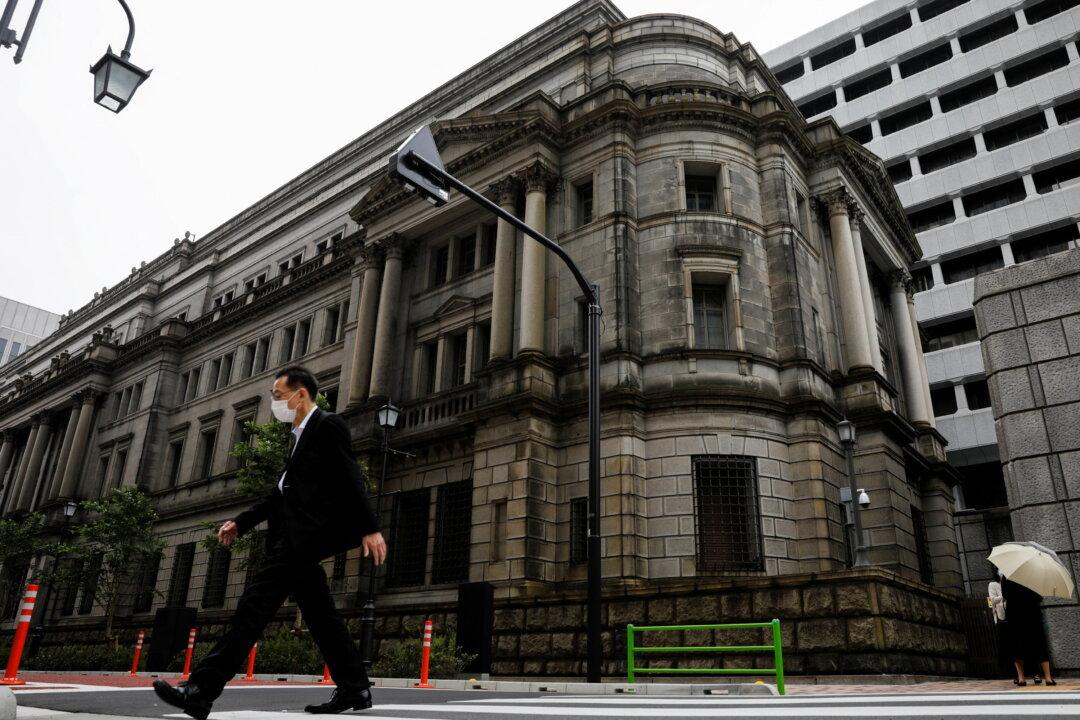TOKYO—Bank of Japan Governor Haruhiko Kuroda said on Thursday the central bank can execute a smooth exit from its ultra-loose monetary policy, though doing so “won’t be easy.”
Kuroda repeated his view that the central bank must maintain ultra-easy monetary policy for now, with consumer inflation expected to slow next year and beyond, after speeding up to near its 2 percent target this year because of surging energy costs.





